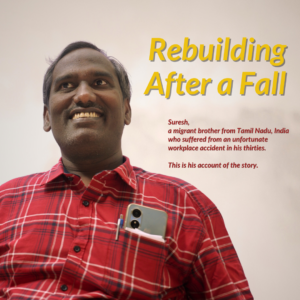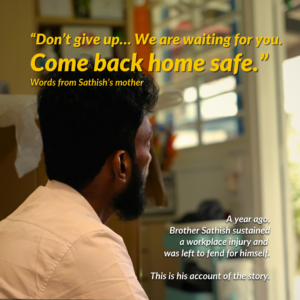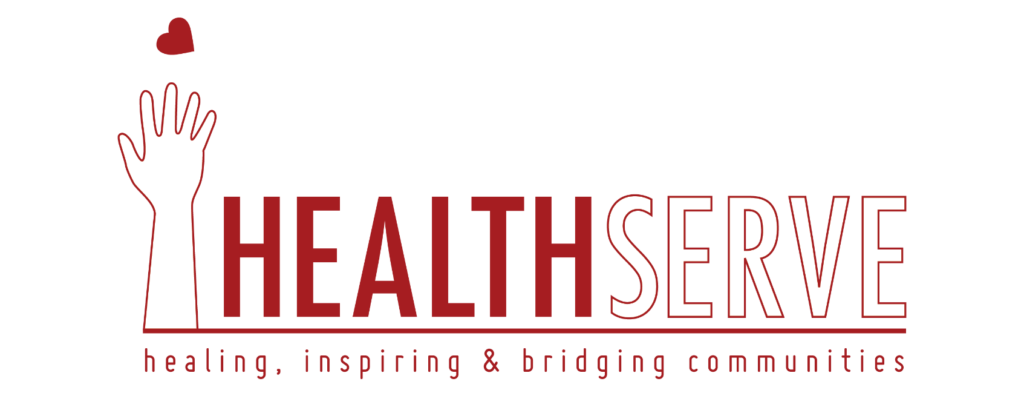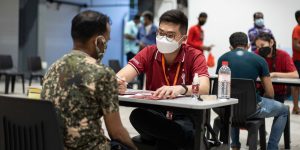
If I had to nominate somebody as testament to how many Bangladeshis live more exciting lives than Singaporeans, that somebody would be M. His stories -that are best left undisclosed- are sometimes so absurd that the only way I know to react is to laugh, and then feel bad for laughing. He tells me about his second-hand BMW he had to sell, and the apparel business that he had to shut down because his brother got into serious debt. He then claims that he will go back to set it up again. He also tells me about how his chicken farm at home has no more chickens because of the weather, and then tells me that they will be rearing other animals instead. He may have lost it all, but in his recounts, I also see how he still has enough hope, ambition and desire to build things up once more.
Beyond his tendency to make light of his situations, I could tell he has been and is going through a lot. M fell from a ladder at work in 2017 and hurt his back; he was then rushed into a 12-hour operation within 2 days. I can still conjure up the image of the X-ray scan of his back with a few screws in place. Besides his work injury, he also has salary owed to him by a runaway boss. M’s case has been particularly difficult, and he has spent the last six months just waiting to begin his case proceedings. “Waiting” is a word that characterises many of the injured workers’ experiences. In that word lies uncertainty, frustration, and agony- emotional stressors that we hope to relieve when they come to Healthserve. For personal reasons, M is unable to return to Bangladesh and he barely contacts his family back home now. It angers him that his family takes for granted his hard work to earn the money he sends back and that they do not consider his wishes when decisions back home are made for him. Yet even for things like these, there is a happy-go-lucky quality to his tone that makes these slightly easier to take in.
At Healthserve, M is more like staff than beneficiary. He cooks for the Desker Food Project on Wednesdays (his chicken curry is heavenly), offers to call up a migrant brother when we need help and even directs them to the office or explains in Bengali to a brother whatever it is that they do not understand in English. The first few times I was tasked to facilitate the Food Project alone at Desker, M would be the one who followed me down to the food vendors. It relieves me because he is like a pillar of support. Whenever I am with the migrant brothers, I expect myself to be of help (in what little or indirect ways I can) for them. Yet I often find myself being caught in the irony of being helped instead. Likewise, this is how M makes me feel; odd that how it is the foreigner who makes me feel at home.
Home away from home – I would like to think that this is what HealthServe is to M. Staying at the shelter lifts much of the weight off M’s shoulders as he does not have to worry about rent, especially since he is unable to draw a salary in this period of time. I believe that relieves a lot of his emotional distress. M receives some social assistance for his parents, wife and daughter he has to provide for.
More than that, I’ve witnessed how the shelter is more than a place of mere residence for M. His cheeky disposition has become part of the dynamic at the Little India office, so much so that sometimes my day just doesn’t feel as right when I don’t see him peer into the office area. M has great rapport with the staff, interns and volunteers and I believe we all find him endearing. The relationships he has in Healthserve have built him up, bringing joy and hope to his discouraging situation. Being able to contribute and help out at the shelter and office gives M a role and a sense of belonging. He is valued as a part of Healthserve. I hope this is enough to make him feel his waiting time is not wasted time.
By: Kaitlyn Tay, HealthServe Volunteer Development Intern





